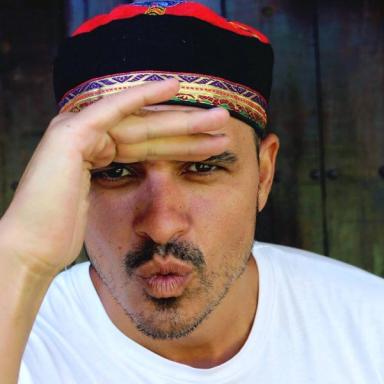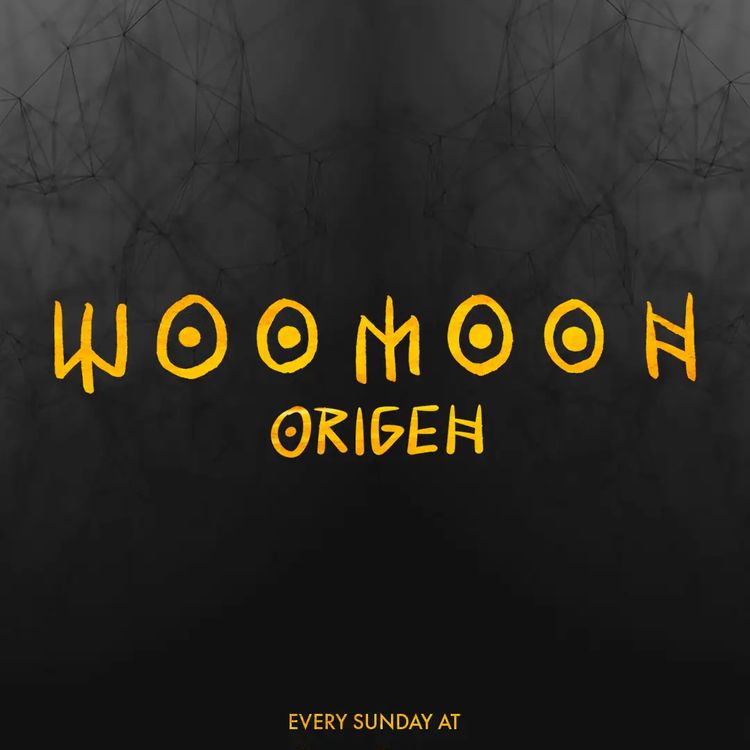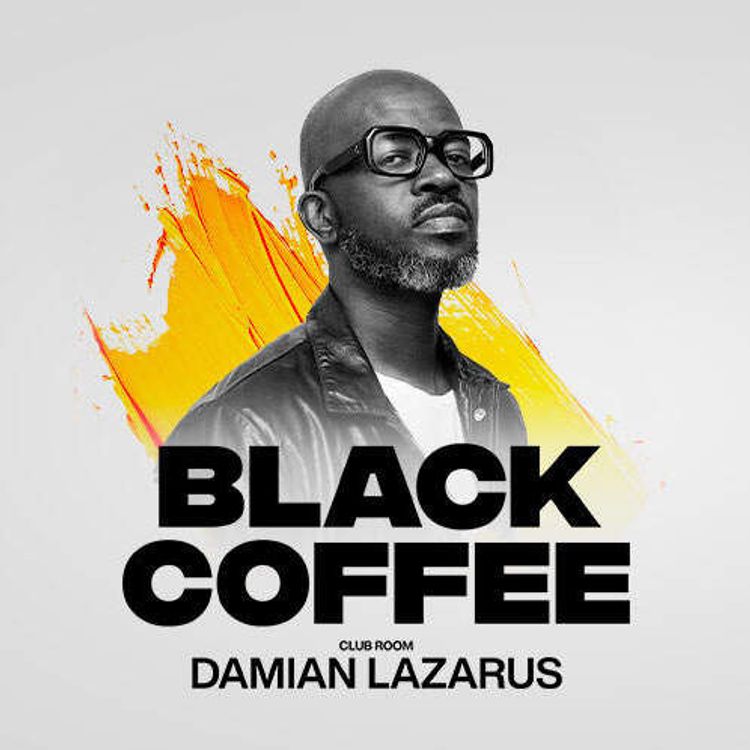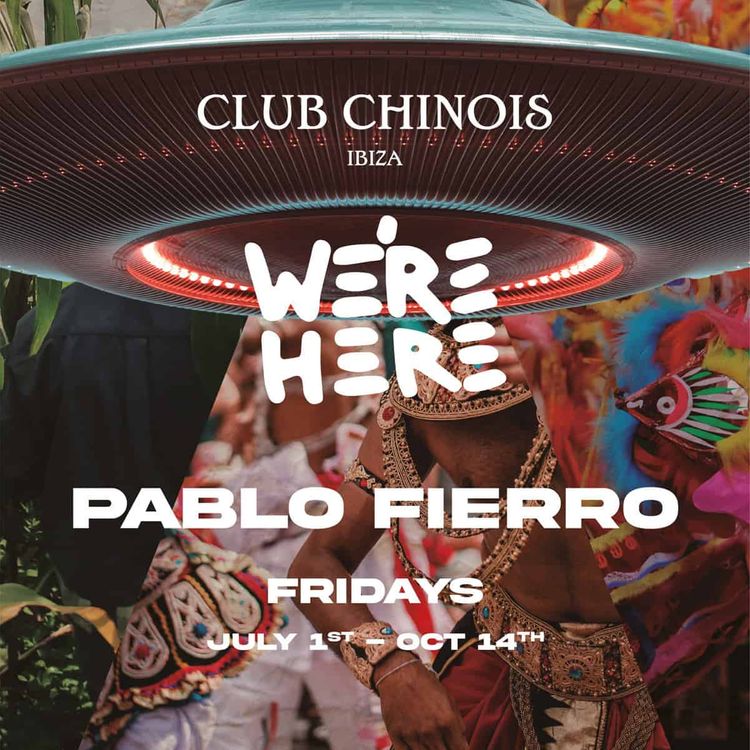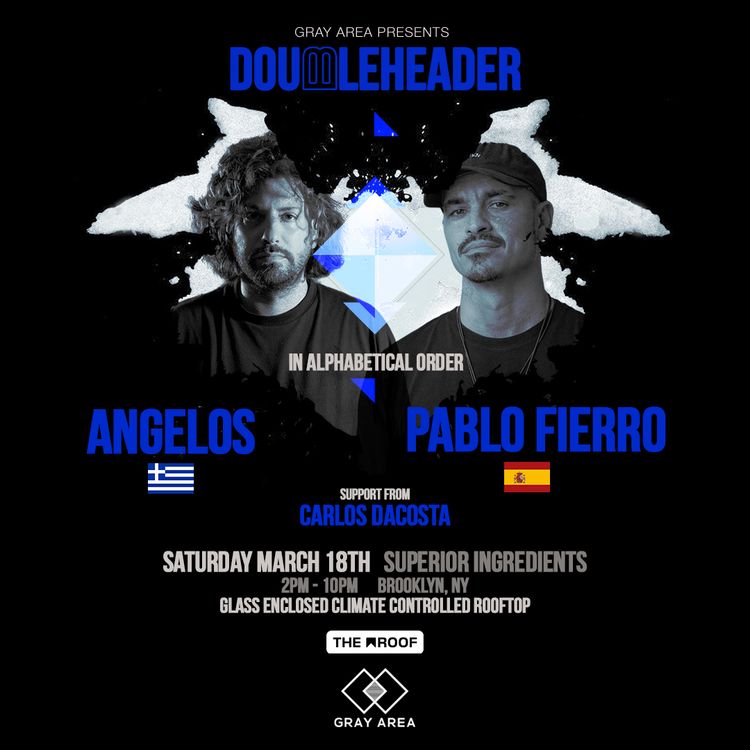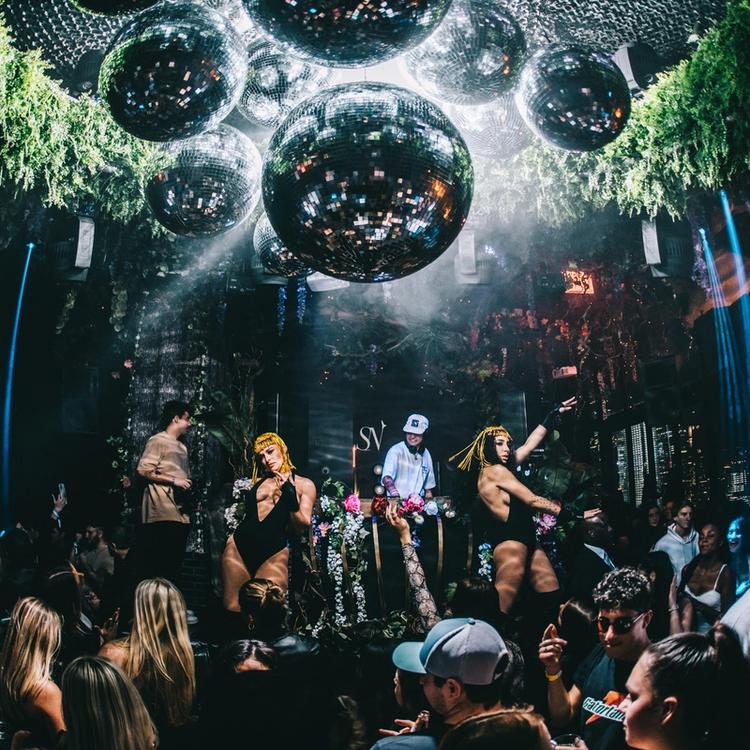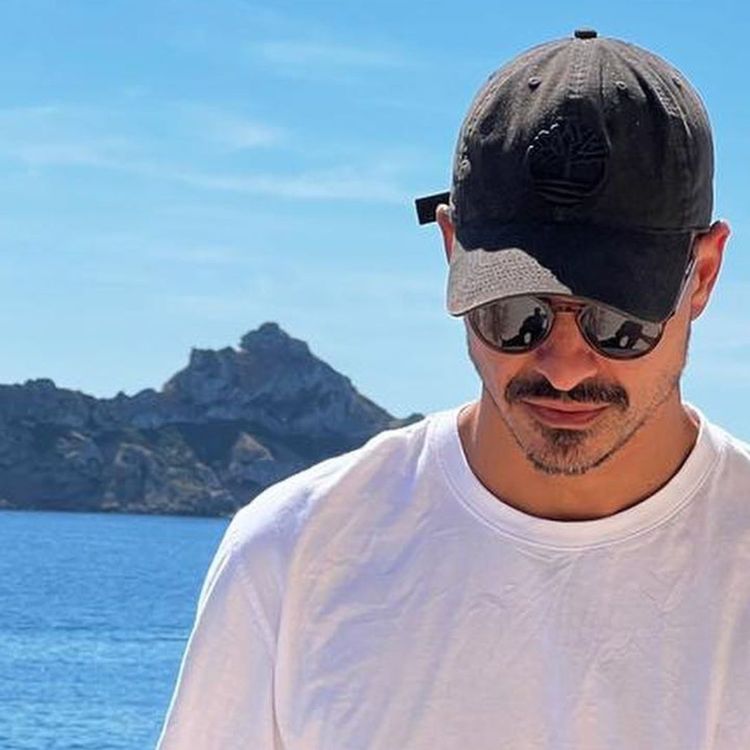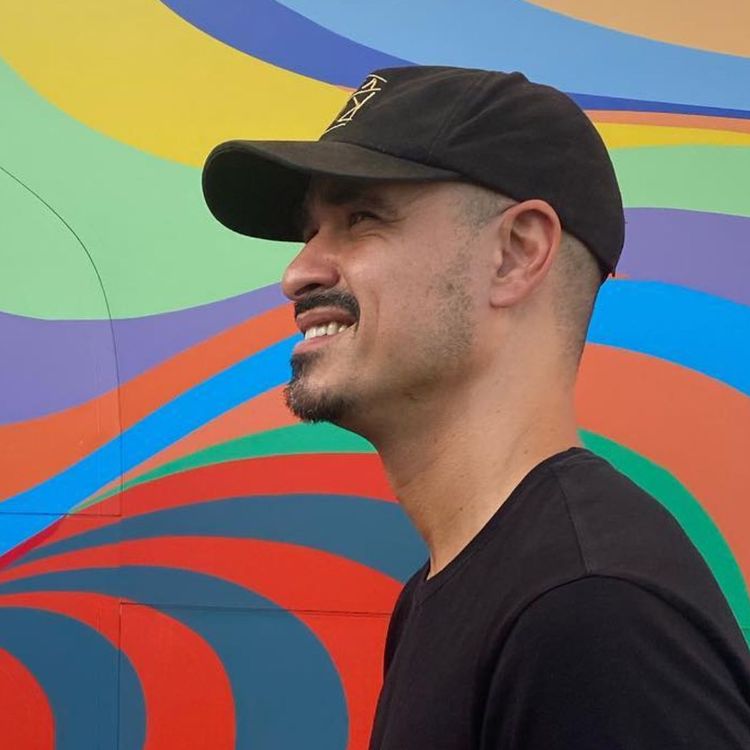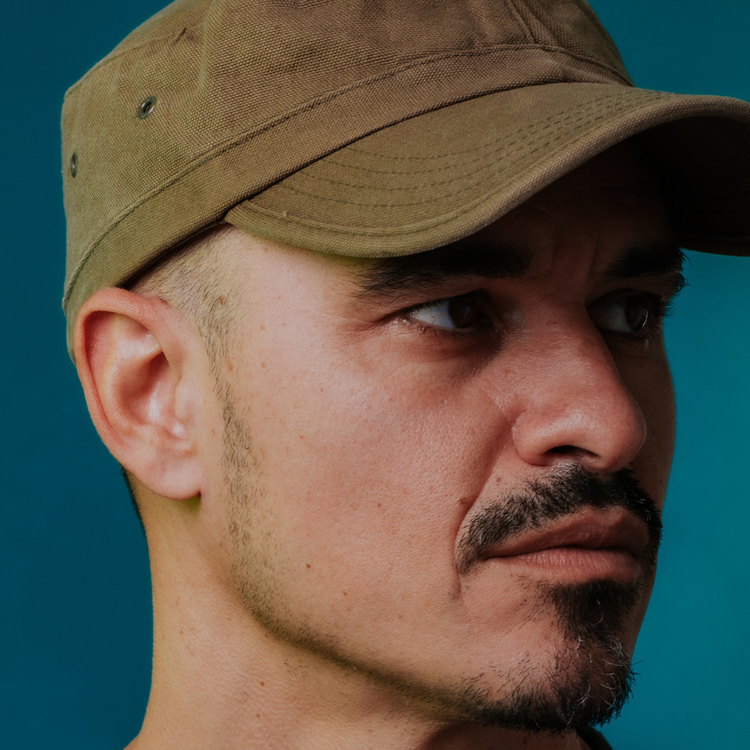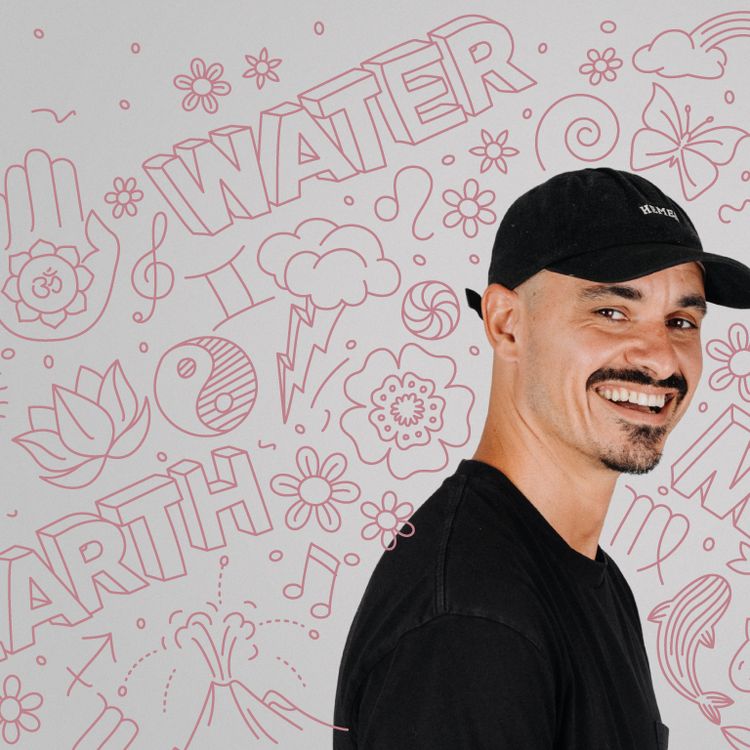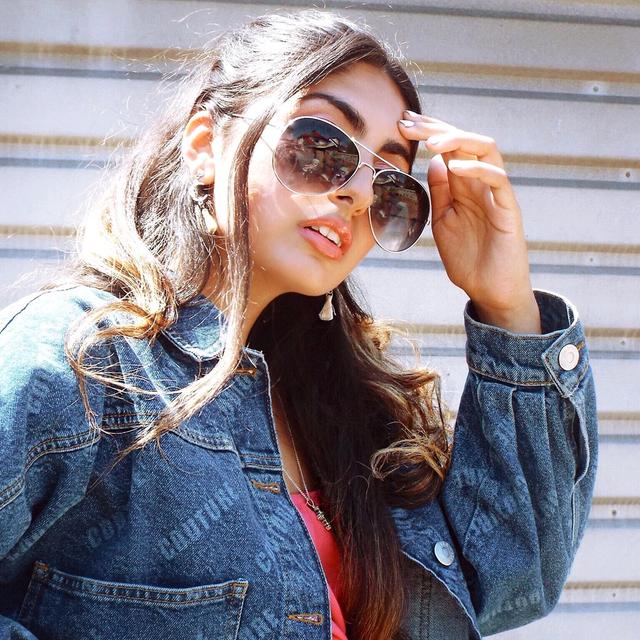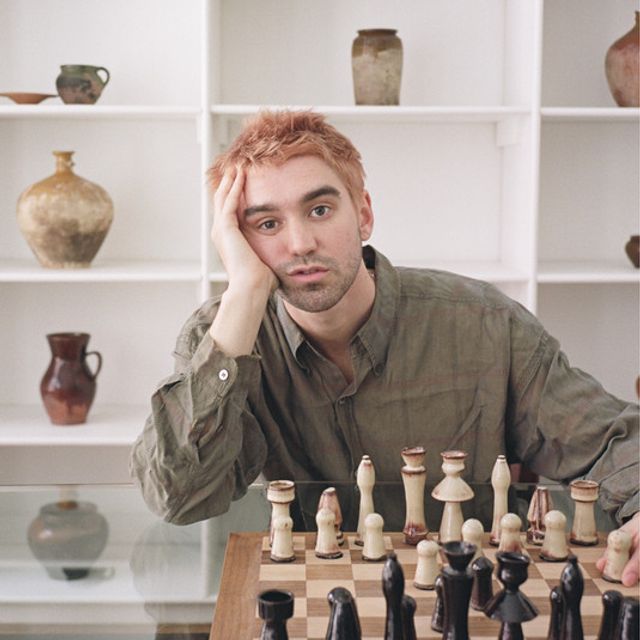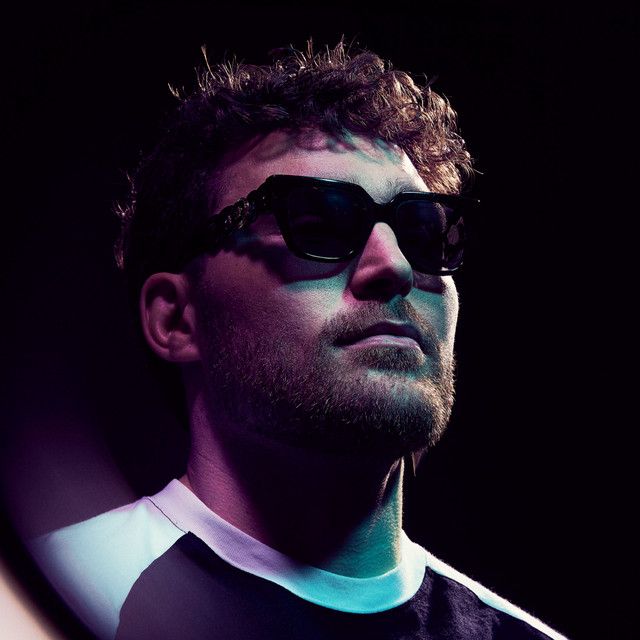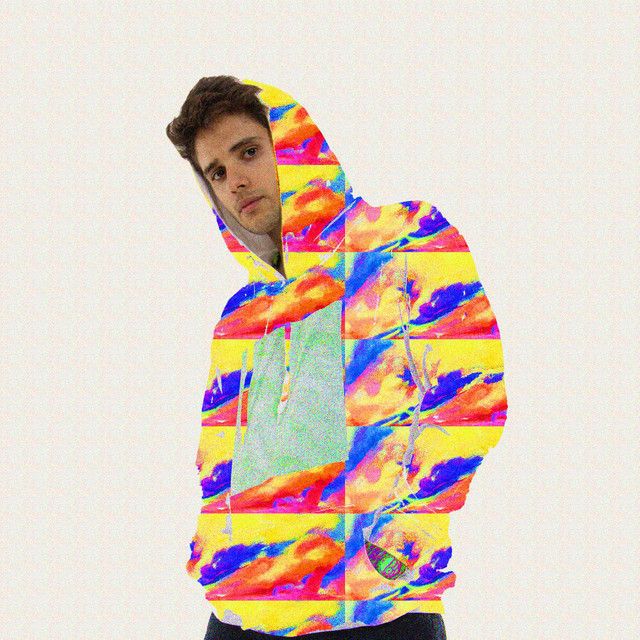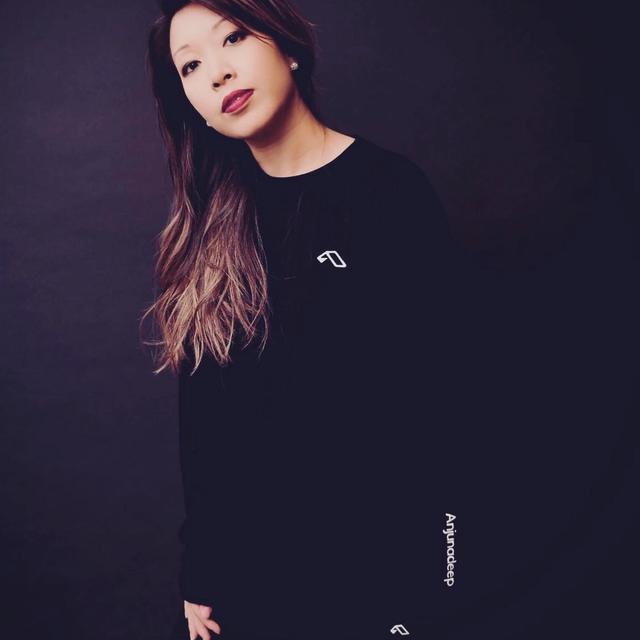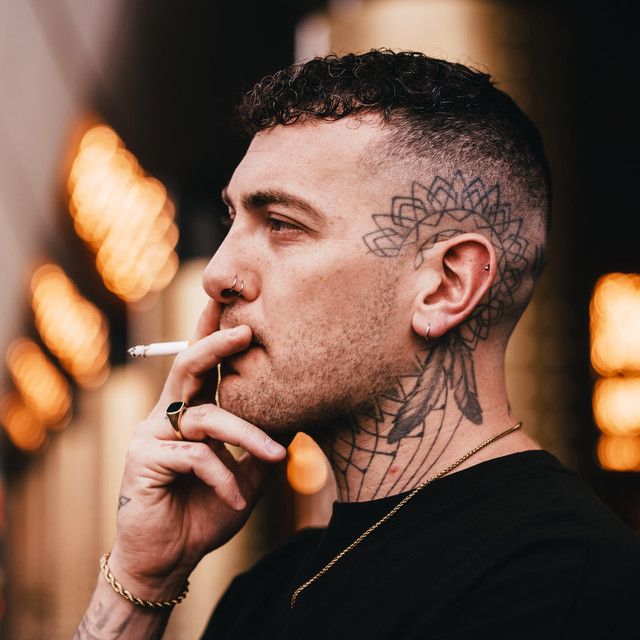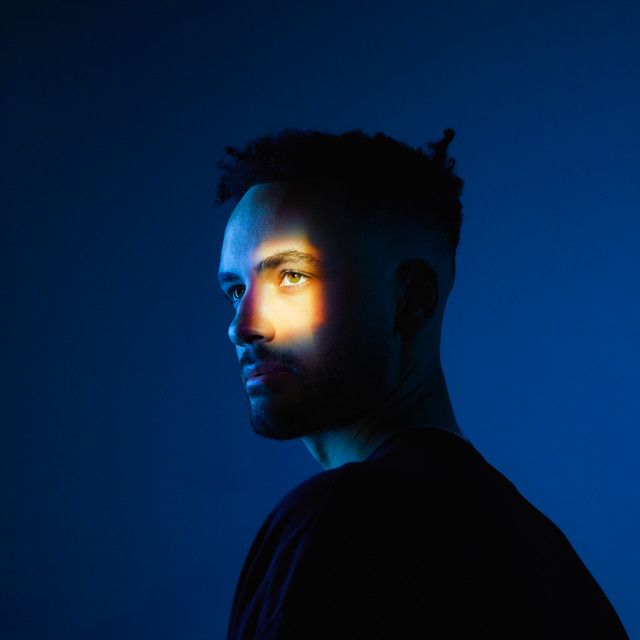Artist Spotlight
A truly unique individual and artist, Pablo Fierro began studying music as a teenager growing up on Tenerife, part of the Canary Islands. The islands lie off the coast of Spain, near Africa, giving them a unique population of Europeans, Africans, and Latin Americans. Additionally, the 1990s saw an influx of people come from England, bringing with them the sounds of house music. Combined with the local culture, artists like Pablo quickly found themselves creating Afro-house. The rhythm-heavy genre of house music is truly incredible and one of the most upbeat, happy subgenres of electronic music. As Pablo Fierro began to find himself as a DJ, he quickly developed a signature sound and founded Vida Records. Since then, he has established himself as one of the most influential in the world of Afro-house and a DJ who can get any dancefloor moving no matter the hour or location. When we think of DJs growing up on islands near Spain, most people would not guess the Canary Islands. Tell us about the lifestyle there and how you discovered your passion for music and playing instruments? Life in the Canary Islands is very calm. I had a great upbringing. I started my musical journey at 16. My brother had bought a computer, and we took turns making music on it since that was the only one we had at home. I remember that even some of the earliest DJs who came to the island would come over and help us install the programs we needed to start producing music. You also dove into the professional side of things around that age. Do you have any specific memories of this time frame when you played in various bands and produced? In the beginning, I spent a lot of time learning the basics of the programs. I then decided to start a hip hop group with a couple of my friends who were hip hop DJs at the time, we had an MC, and sometimes I would even rap for the group. We played a couple of shows, but It didn't go further than that. I remember we had a dedicated fan group who would follow us to every show and paint our cars with the name of our group. It was a fun time. Was there any electronic music scene in the Canary Islands, or did it take you leaving to discover you had a passion for that music? Yes, there actually was a HUGE boom in the electronic music scene here in the south of the islands in Tenerife in the 90s because there was a large influx of DJs, especially from England. A lot of people were fans of the breakbeat genre, drum & bass, and then later house, obviously in the 90s. People would seek out the DJs they liked, and that formed sort of a community within the scene in Tenerife, specifically Playa De las Americas. I'm not sure if you identify with the culture of mainland Spain, but do you feel the country as a whole (outside of Ibiza) has a strong musical culture, specifically in electronic music? The Canary Islands are split in the sense that the people identify themselves as being from three different continents, Europe, Africa, and the Americas. The influences that can be seen are very rich and diverse, which translates into its strong musical culture. In terms of electronic music specifically, I would say that a lot of the Influence and Identity comes from the UK, which at the time was two-step and drum & bass. You first released music officially in 2009, and three years later, you founded your label, Vida Records. Please walk us through the decision to start a label so early in your career. It's always good to release your music on well-known labels because it helps give the artist that extra push in the beginning that they wouldn't normally see if they released it on their own label or an independent label. I opened my own label because I wanted control over my works and wanted it to go in a specific direction. Your sound is so unique. You manage to combine modern elements of electronic music with your tropical roots, as well as a deep understanding of drum patterns and vocals. How would you define your style, and do you feel it's evolved over the years? I always try to innovate my sound, which makes things complicated. My sound is a mixture of influences at the end of the day. I have Arabic, African, European, Latin American, and Caribbean influences in my signature sound, which is constantly evolving. I find that the best thing to do is get a jump on what is new in the scene and what is taking off and try to own that and make it your own and have other producers copy your style. Can you give us some insight into the Afro-house genre as a whole? It's a genre of electronic music that I think DJs are going to more and more, yet many people do not understand its roots. Afro House is a lifestyle, and it has turned into a way of life for myself. I think it is going to become the next 'Pop.' Reggaeton had its turns of being in the 'Pop' limelight, but I think now it is changing its bpm and making way and opening the doors for Afro and Latin Beat, and I think that is amazing because it is going to be a great musical style and it is going to make a lot of people dance. Your edit of "Baiana" is an incredible track and feels like a great example of what to expect with the Pablo Fierro sound. Did you have a sense when you decided to rework the track that it would be as big as it is? I think that by listening to so many different styles and different records, you are always going to find something incredible that has a massive impact on you. I love to play, edit and remix various songs, especially those with history, such as "Baiana," and when I first heard, my brain immediately got to work. I started planning how to remix it, but I had no idea that it would make such an impact and take off. I am happy that I was able to connect with so many individuals due to this record. Do you have any pieces of hardware or software plug-ins that you find yourself going to often in the studio? I always travel with my laptop, headphones, and other things. At home, I have my studio, but it's all still in boxes and needs to be built. I have a couple of synths and plug-Ins that I always find myself gravitating towards, such as Sound Toys, Arturia, Native Instruments, the reverb from Valhalla, and of course, the live samples that I record on my phone whenever I am on the go or get inspired. House and tech house have undeniably become some of the most popular genres within electronic music in the last couple of years. Although your sound is much more than straight-up tech-house, how do you feel about the genre's growth, and do you think it's a good thing? Of course, it's a good thing that the genre is growing! Music should be made to be enjoyed by everyone and not be confined to a niche group of listeners. Music is about discovery and finding new styles and sounds, and the more the genre grows, the better because, the better reach it has. If anything, it is putting that genre on the map for all to see and enjoy and moving it away from being underground. After a decade of success with your label, countless releases, and tours, what do you hope to accomplish in the next decade? I am not sure about what I hope to accomplish in the next decade. I can imagine and try to create my reality, but I am not sure what will happen. I think the genre will continue to grow and evolve and will only get better and create more of those fun moments which I enjoy as time goes on.
